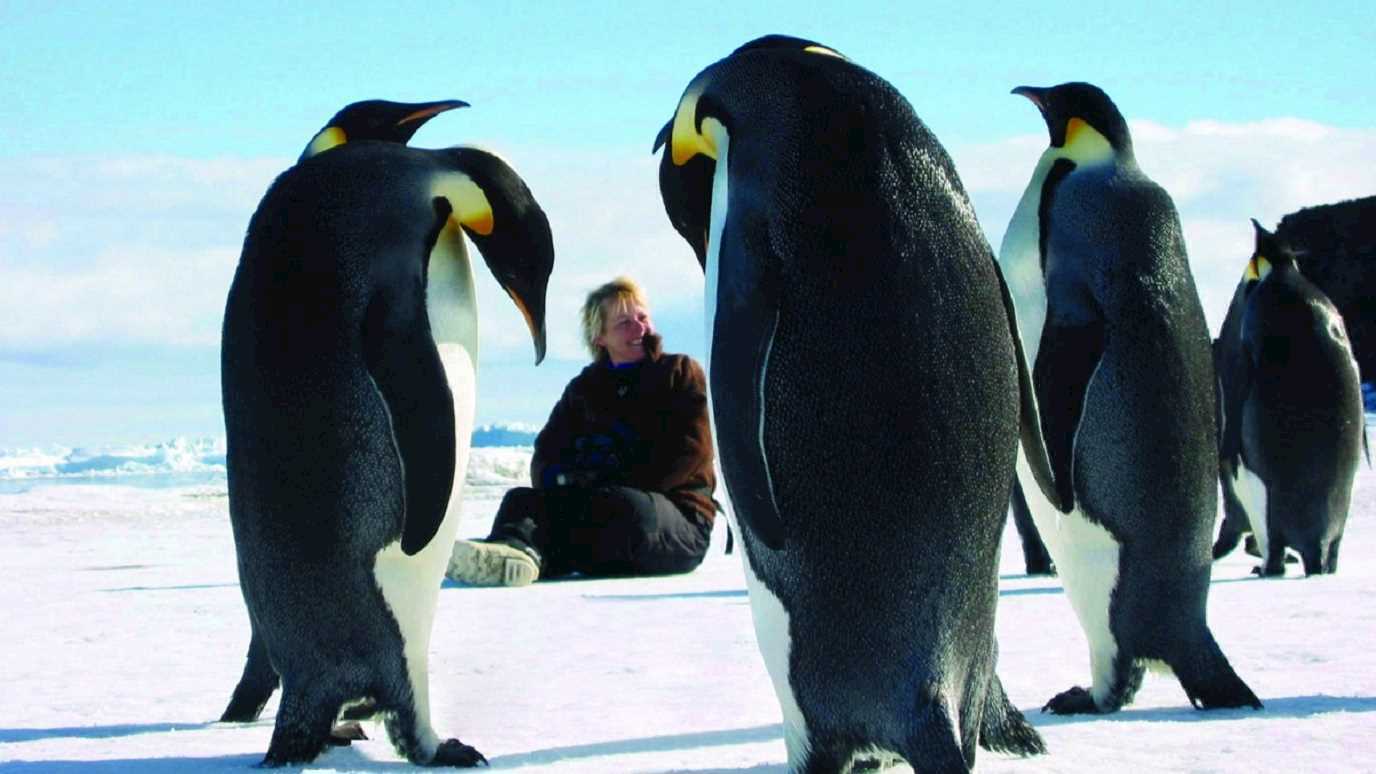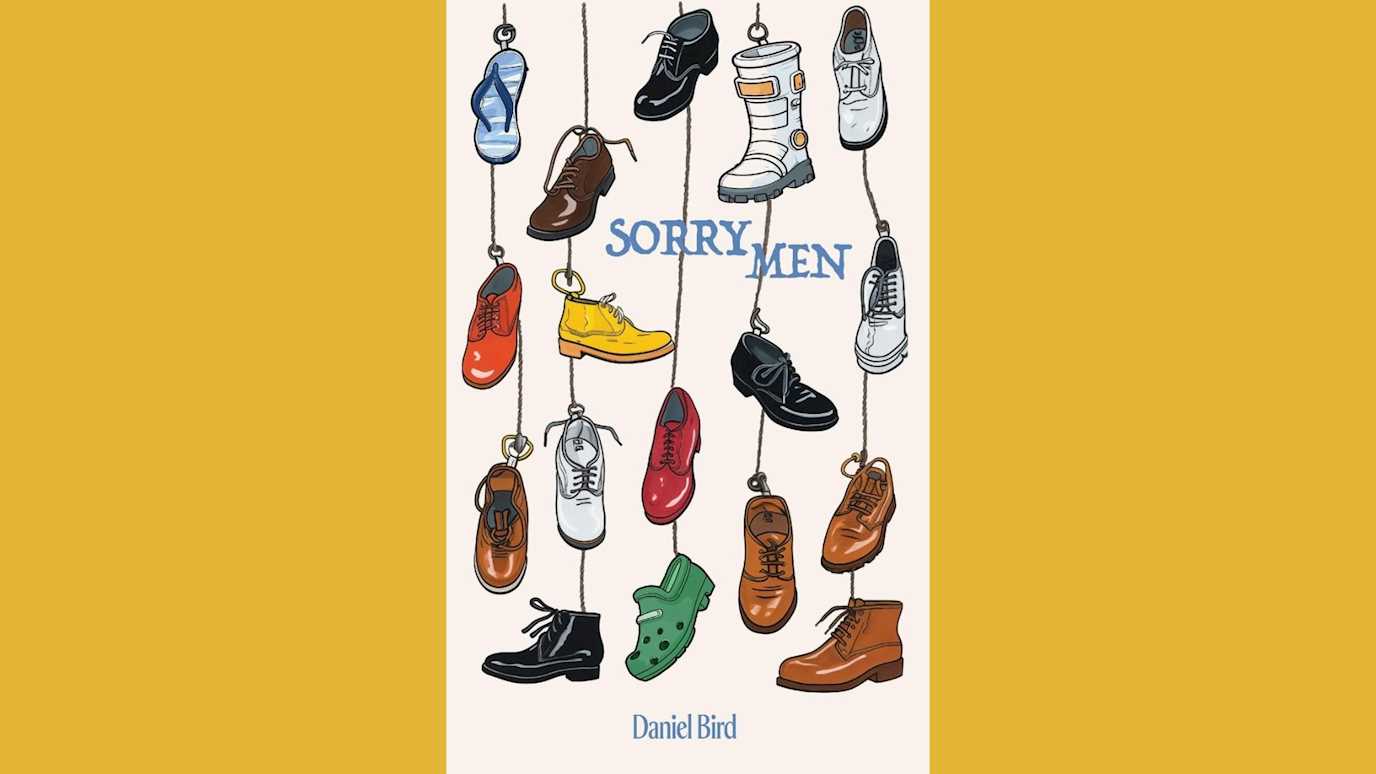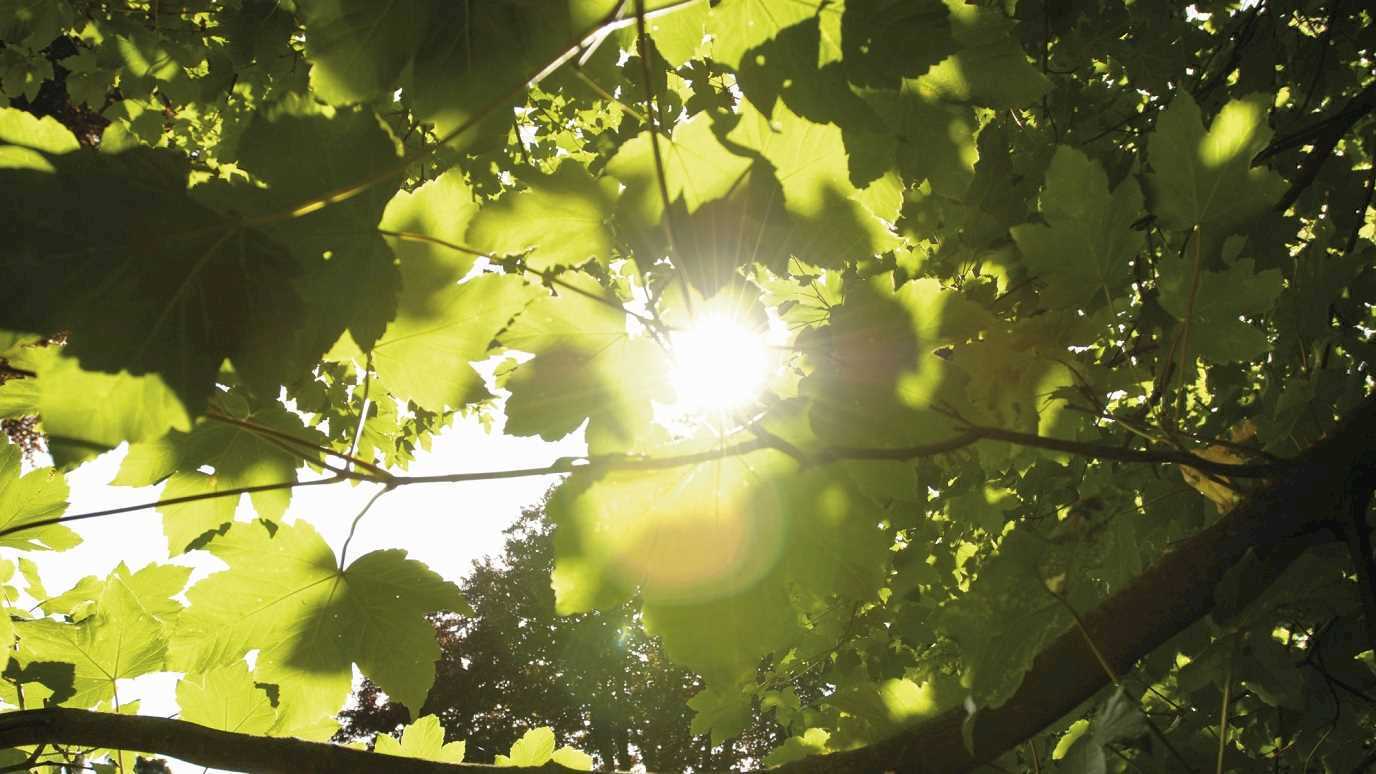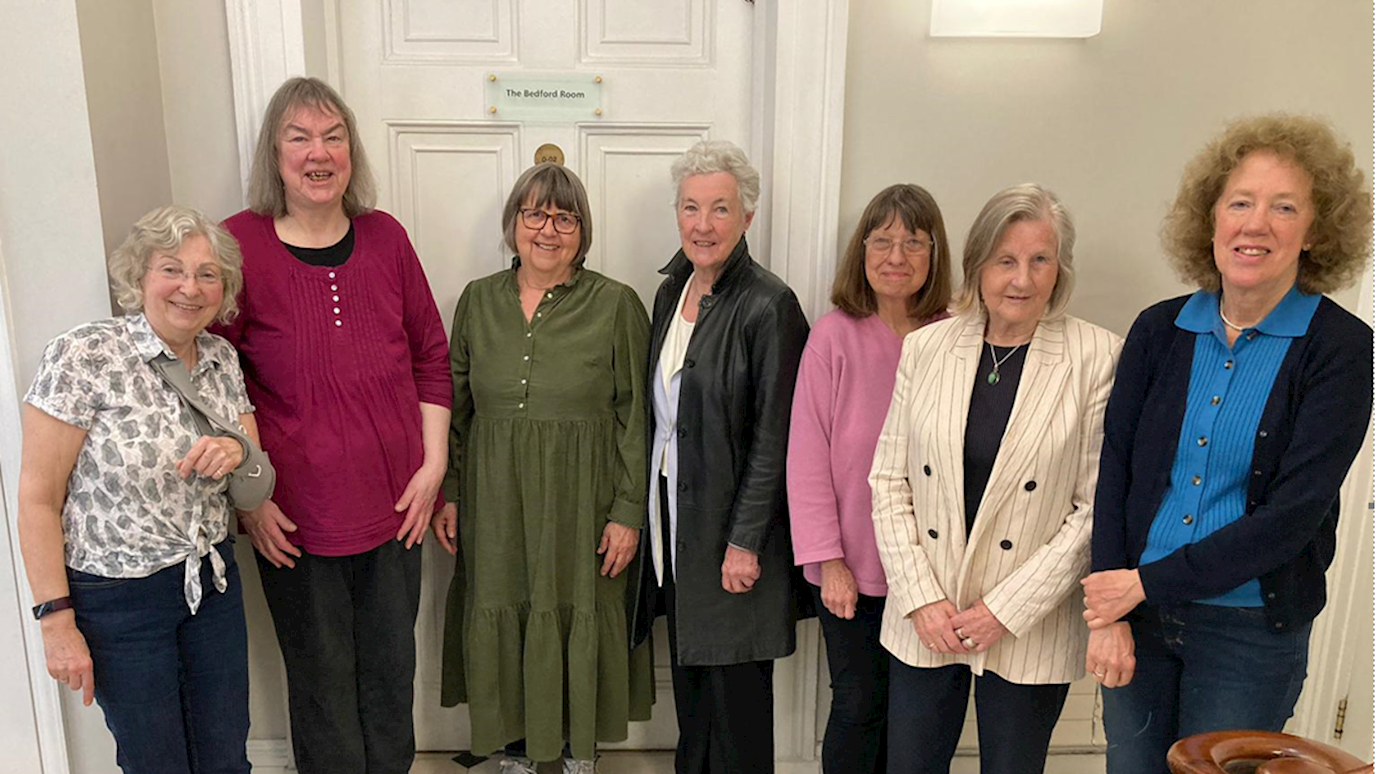As Director of the British Antarctic Survey, alumna Professor Dame Jane Francis is responsible not only for protecting the environment of this amazing continent, she is also an expert on its history. She talks about the vital importance of understanding the impact of climate change and recalls her time at Bedford College.

When geologist Professor Dame Jane Francis was awarded her Postdoctoral Fellowship at Bedford College in 1984, she always imagined she would end up working in very hot climates. The deserts of the United States, for example, or perhaps central Australia – the Middle East and oil rigs being ‘no go areas for women’ at the time.
“It never even crossed my mind to think I would, one day, be the Director of the British Antarctic Survey” she says.
“As a woman, this wouldn’t have been on my radar as I wouldn’t have dreamt it possible. At the time, women weren’t permitted to live in UK Antarctic research camps.” Indeed, the British Antarctic Survey (BAS) only allowed women to camp in the field in Antarctica in 1991. Just 22 years later, Francis became the organisation’s first female director.
An institute of the Natural Environment Research Council (NERC), BAS is a world-leading centre for polar science and polar operations, delivering world-leading interdisciplinary research, delivering research that uses the Polar Regions to advance our understanding of the Earth and the human impact on it, helping society to adapt to a changing world. It was research carried out by BAS which discovered the Antarctic hole in the ozone layer in 1985 and through its ongoing studies of ice cores and fossils, which have captured a snapshot of life on the continent millions of years ago, the organisation is able monitor the impact of global warming.
Now a veteran of more than a dozen expeditions to the Arctic and Antarctica, in 2002 Francis was awarded the Polar Medal in recognition of her contribution to British Polar Science, and was made a Dame in the 2017 New Year Honours list from Her Majesty, The Queen in recognition of services to UK polar science and diplomacy.
Often spending months at a time in Antarctica, walking for miles in minus 20 degrees Celsius, Francis told Kirsty Young on Desert Island Discs last year: “I love the power of the wind – a proper Antarctic storm is quite exciting. So long as I’m snug in my tent and everything is secured and won’t blow away it’s a chance to catch up on field notes, read books, play cards and try some experimental cooking.”
It’s a long way from her office in a greenhouse in the gardens at Bedford College: “perhaps it was training me for the extreme weather conditions my subsequent career would bring” she laughs. “It was behind an immaculate lawn within the College’s grounds and I enjoyed games of croquet on idyllic summer days during my years there. My memories are really fond of Bedford and the lifelong friends and colleagues I made” she says.
“I’m proud to still be involved with Earth Sciences at Royal Holloway. Several colleagues from my time at Bedford still teach in the department and I’ve kept in touch, so they asked me to speak as part of their Women in Science lecture series.”
Indeed, it was through meeting the much-loved and highly respected chair of botany at Bedford College, Professor Bill Chaloner, that Francis was inspired to apply to the university for her Postdoctoral study in the first place. “He was very well known and hugely respected amongst the academic community, so I was keen to develop my career with his support, studying 150 million-year-old wood fossils on the Jurassic Coast. Bill and Geoff Creber were pioneering in this area of paleobotany during my time working with them in the 1980s.” Chaloner established the use of growth rings in fossil woods to reconstruct ancient climates and showed that forest growth, mainly of conifers, was possible in the polar regions during the global warmth of the Cretaceous period, about 100 million years ago, when polar ecosystems were capable of supporting a diverse fauna, including dinosaurs.
“Bill was a very generous and supportive academic” Francis recalls. “He was incredibly friendly and his international guests were a testament to that… He had incredible depth of knowledge in paleobotany and geology but could also chat easily across a broad range of scientific topics.
“I recall fondly the summer days at Bedford where he would pull a wicker picnic hamper out of a cupboard in his office and take me and our visitors to eat a picnic lunch with him in Regent’s Park. He’d produce wine, cheese, crackers and a jar of smoked oysters and have such wonderfully insightful conversations with the guests – they thought his lunches were the best thing ever.”
Francis was inspired by Professor Chaloner to study more wood fossils. “My research with Bill directly coloured my research choices thereafter as I headed out to the central Australian deserts and the Canadian Arctic. My research built on that pioneering work established at Bedford College, then I was working for the University of Leeds with research grants where I continued to teach and research for many years.”
Francis says she learnt a lot from her mentor: “Professor Bill Chaloner showed me that scientific research is exciting. It can take you around the world and the camaraderie within the scientific community is something I have always enjoyed” she says. “Bill made international conferences and long breakfast meetings fun. He’d often have meetings outside on beaches to enjoy the fresh air and he brought such fun and joy to occasions that others might have thought mundane.”
It must have stood her in good stead for finding the fun in living in such an unforgiving and untameable environment as the Antarctic for long stretches of time. “The word awesome was invented for Antarctica. It completely blows your mind. The landscape is incredibly beautiful, but also very humbling. Being a fragile human in such a cold and remote place can be daunting”, Francis told The Guardian after she was made a Dame.
The research carried out by Francis and her team has global significance. “At BAS, the science that we do is so important for understanding the impact that climate is having not just in the Antarctic and Arctic but globally” she says. “Change happens first in the polar regions. It is most dramatically seen and felt there first and can tell us so much about global climate change over millions of years.”
Francis has admitted that her appointment as director of BAS was met with some raised eyebrows: “I was asked if I was the new director’s secretary” she told Kirsty Young on Desert Island Discs.
“I hope that my role today shows that women in science can be at the top. It’s still a challenge and we need more women leading and pioneering; showing what is possible and that hard work can pay off.”
“My purpose is to make new discoveries in science, working in the field so that we can find out new things about Earth. Visiting often undiscovered areas to interpret the rocks is like reading the pages of a history book; the fossils have so much to tell us – I’m always fascinated.”
























